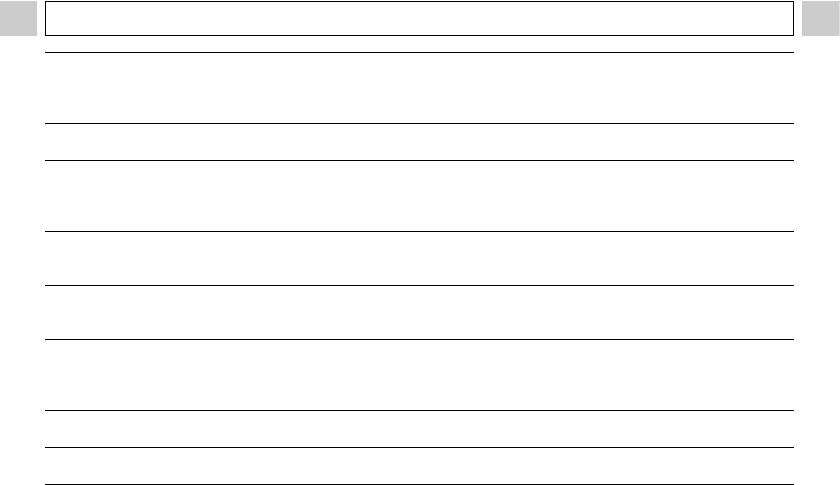
8
Read This First
zRemove the power cord on a regular periodic basis and wipe away the dust and dirt that collects
on the plug, the exterior of the power outlet and the surrounding area. In dusty, humid or greasy
environments, the dust that collects around the plug over long periods of time may become saturated
with humidity and short-circuit, leading to fire.
zDo not cut, damage, alter or place heavy items on the power cord. Any of these actions may cause
an electrical short circuit, which may lead to fire or electrical shock.
zDo not handle the power cord if your hands are wet. Handling it with wet hands may lead to electrical
shock. When unplugging the cord, ensure that you hold the solid portion of the plug. Pulling on the
flexible portion of the cord may damage or expose the wire and insulation, creating the potential for fires
or electrical shocks.
zUse only the recommended power accessories. Use of power sources not expressly recommended
for this equipment may lead to overheating, distortion of the equipment, fire, electrical shock or other
hazards.
zDo not place the batteries near a heat source or expose them to direct flame or heat. Neither
should you immerse them in water. Such exposure may damage the batteries and lead to the leakage of
corrosive liquids, fire, electrical shock, explosion or serious injury.
zDo not attempt to disassemble, alter or apply heat to the batteries. There is serious risk of injury
due to an explosion. Immediately flush with water any area of the body, including the eyes and mouth,
skin, or clothing that comes into contact with the inner contents of a battery. If the eyes or mouth contact
these substances, immediately flush with water and seek medical assistance.
zAvoid dropping or subjecting the batteries to severe impacts that could damage the casings. It
could lead to leakage and injury.
zDo not short-circuit the battery terminals with metallic objects, such as key holders. It could lead
to overheating, burns and other injuries.


















